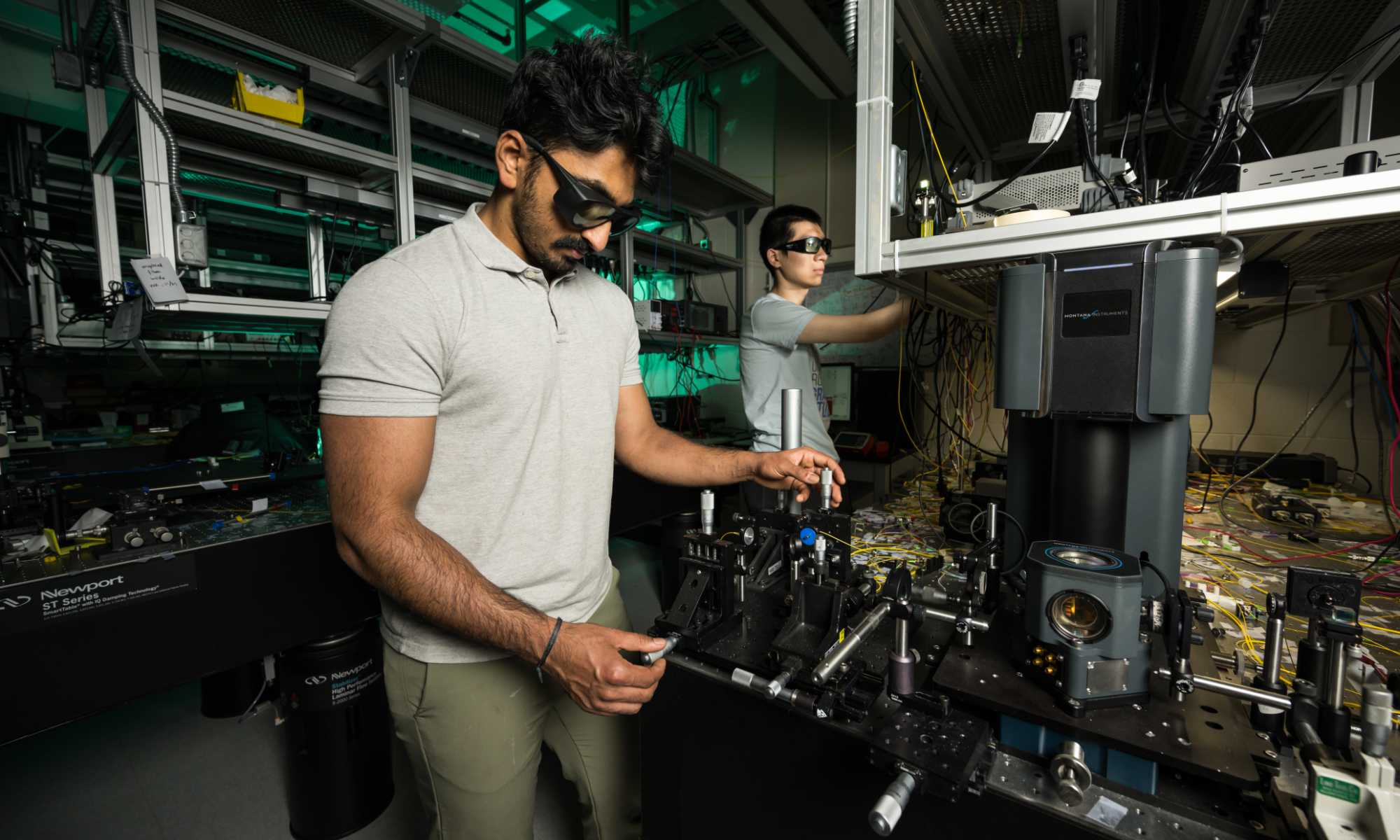
New surface acoustic wave techniques could lead to surfing a quantum internet
Researchers have developed new methods to couple light to sound waves that glide on surfaces.
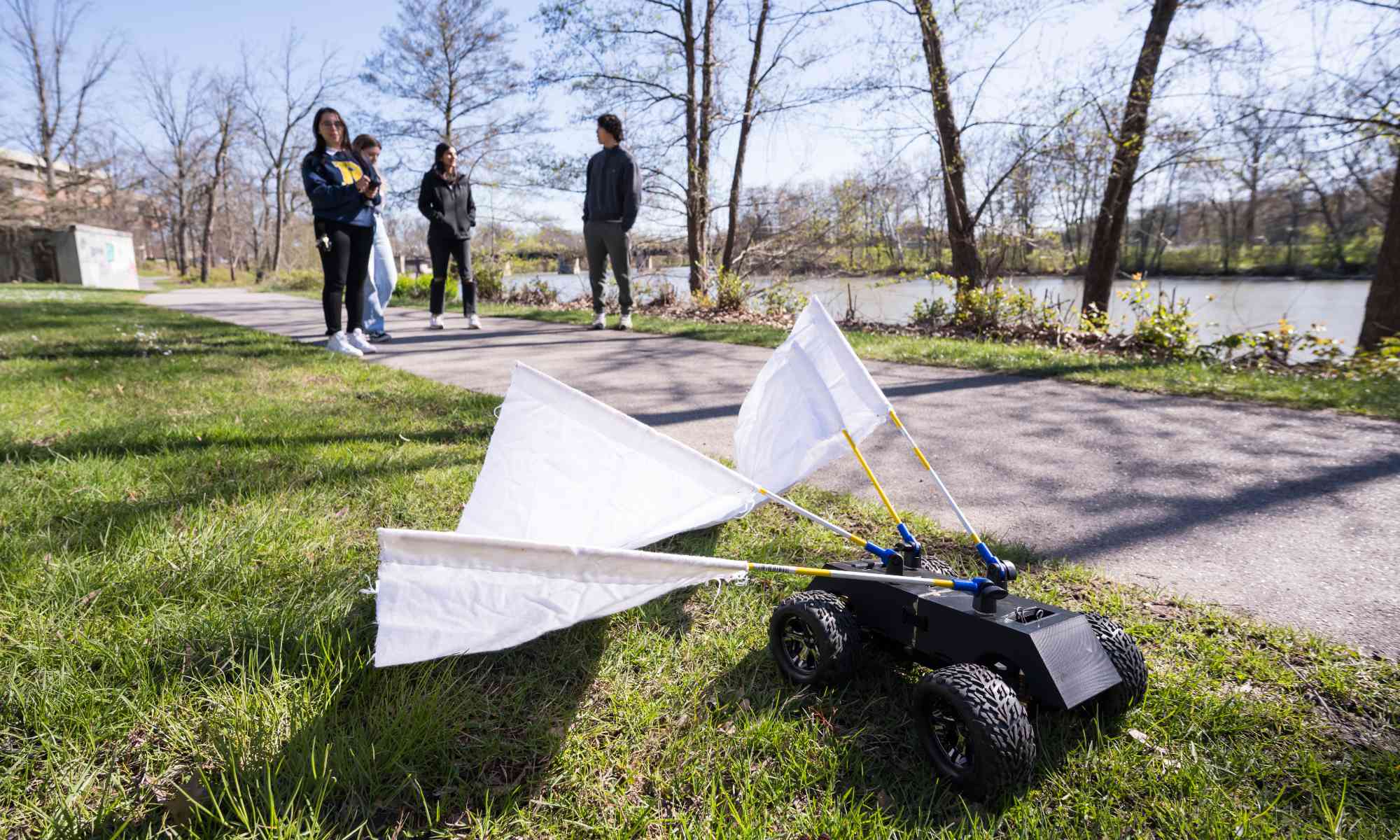
Coursework: Engineering students put their skills to the test in design capstones
Rochester students invent solutions for project sponsors ranging from major league sports teams to researchers in Costa Rica.

Art of Science competition attracts record number of entries. Here are this year’s winners.
The annual event encourages University community members to explore the intersection of science, art, and technology.

Are these newly found rare cells a missing link in color perception?
Rochester researchers harnessed adaptive optics to gain insight into the complex workings of the retina and its role in processing color.

First-year students help NASA study the total solar eclipse
Rochester has one of about 30 teams nationwide taking observations for the Citizen CATE 2024 experiment.
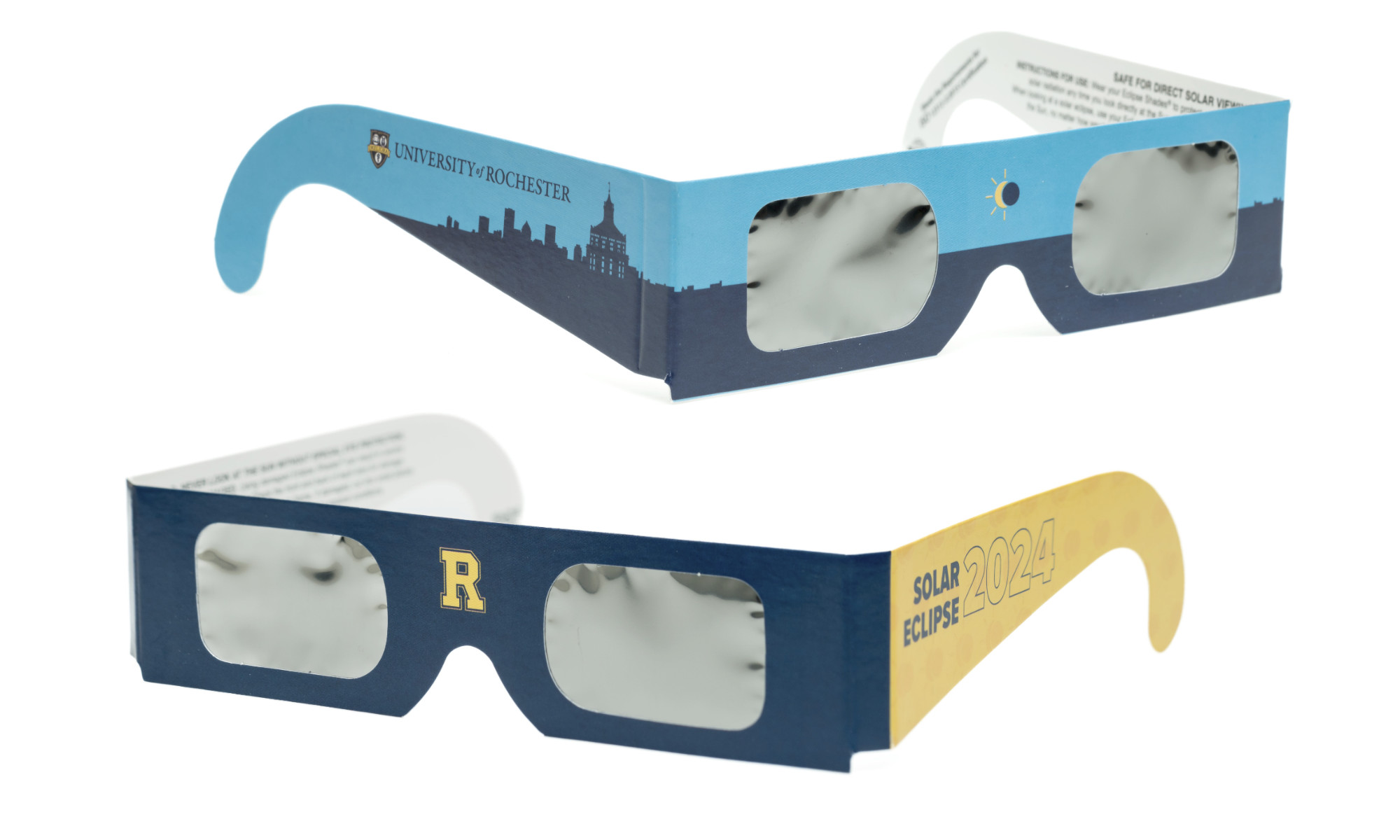
The science behind solar eclipse glasses
An optics professor explains how eclipse glasses protect your eyes from the sun’s light during an eclipse.
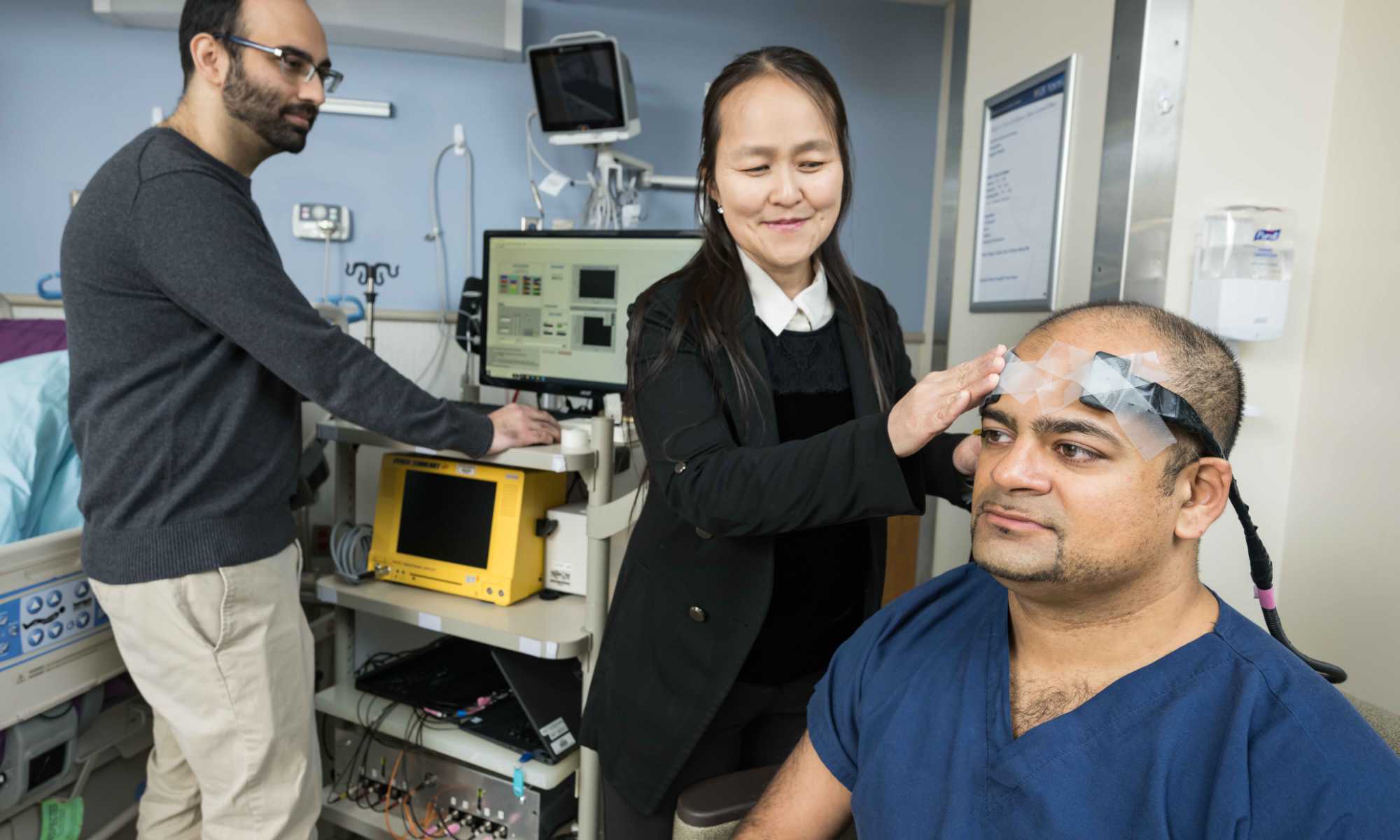
Improved neuromonitoring could prevent brain injuries for patients on ECMO life support
Rochester researchers are developing multimodal, non-invasive ways to study the brain’s physiology and reduce neurological issues associated with extracorporeal membrane oxygenation (ECMO) therapy.
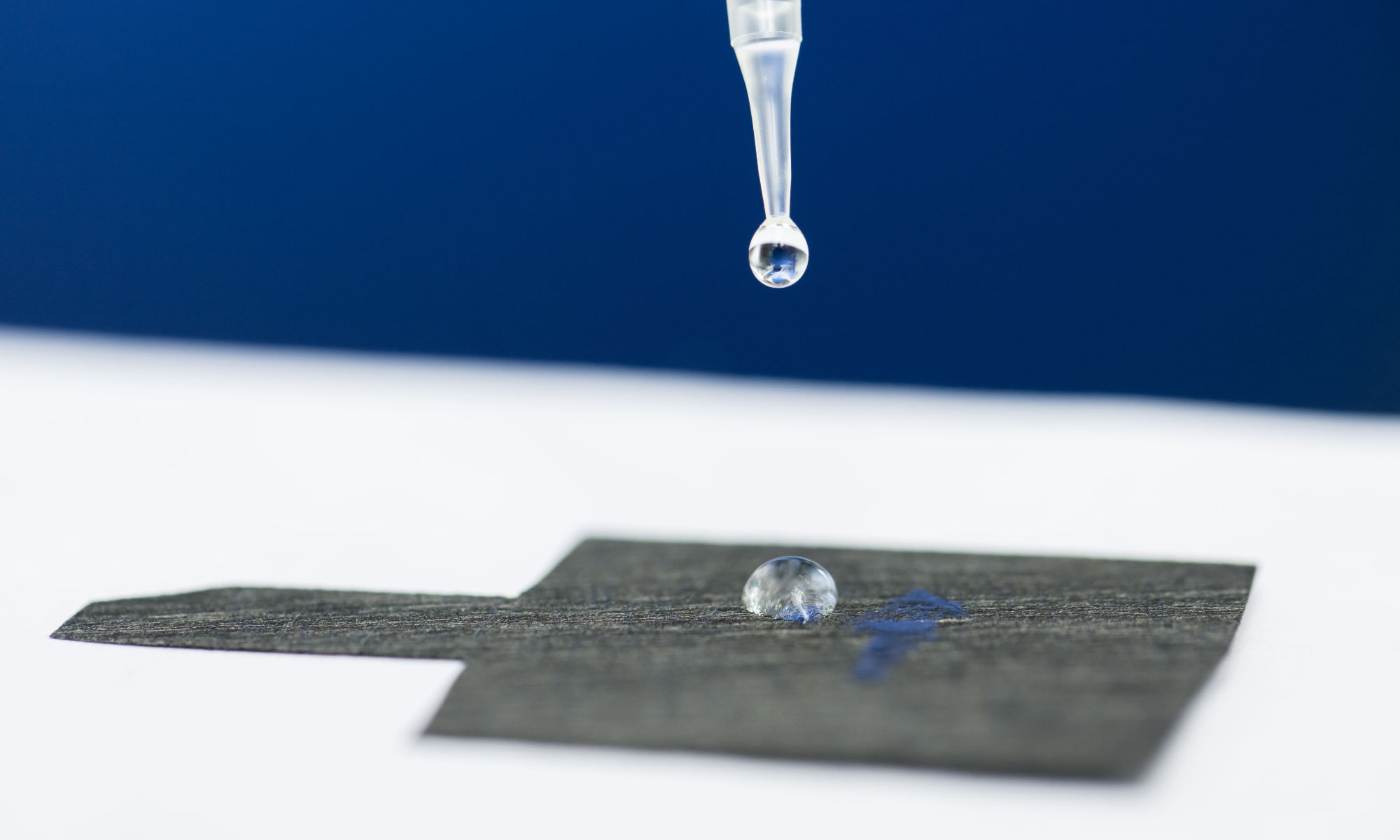
Harmful ‘forever chemicals’ removed from water with new electrocatalysis method
A novel approach using laser-made nanomaterials made from nonprecious metals could lay the foundation for globally scalable remediation techniques.

Coursework: Advanced Lens Design teaches optics through teamwork
A popular optical engineering course equips students with technical and professional skills while putting them on the radar of industry-connected alumni.
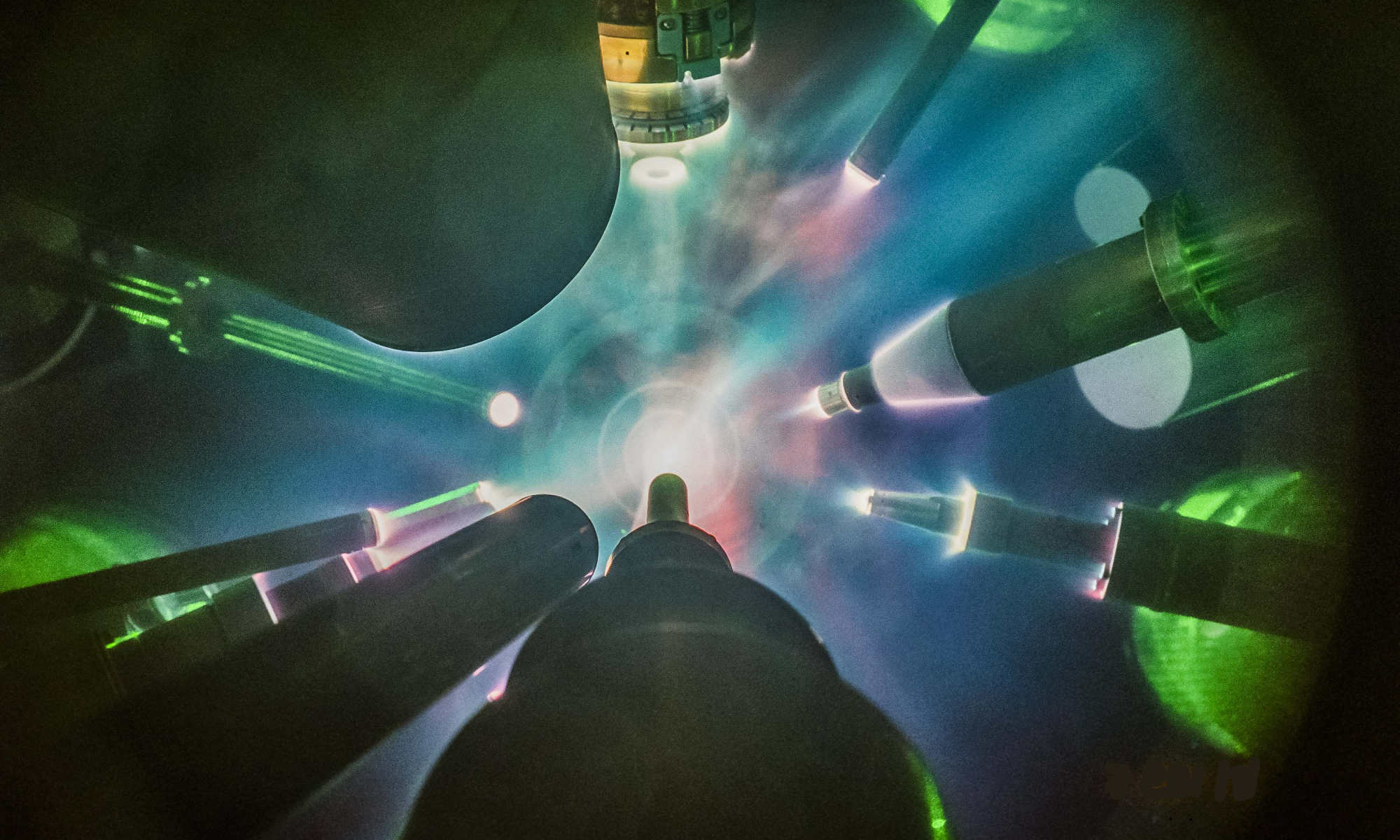
Scientists create new ‘spark plug’ for fusion reactions
Techniques developed with the Laboratory for Laser Energetics’ OMEGA laser system hold promise for sparking fusion at larger scales.

